$78.79
Meperidine is used to help relieve moderate to severe pain. It may also be used before and during surgery or other procedures. Meperidine belongs to a class of drugs known as opioid analgesics and is similar to morphine. It works in the brain to change how your body feels and
Product Overview: Demerol Pf (Meperidine HCL Pf)
Meperidine is used to help relieve moderate to severe pain. It may also be used before and during surgery or other procedures. Meperidine belongs to a class of drugs known as opioid analgesics and is similar to morphine. It works in the brain to change how your body feels and responds to pain.
Meperidine should not be used to treat long-term or ongoing pain. It should only be used to treat sudden episodes of moderate to severe pain. See also Precautions section.
How to use
This medication is given by injection into a vein, into a muscle, or under the skin as directed by your doctor.
If you are giving this medication to yourself at home, learn all preparation and usage instructions from your health care professional. Before using, check this product visually for particles or discoloration. If either is present, do not use the liquid. Learn how to store and discard medical supplies safely.
When meperidine is injected into a vein, it is given very slowly to prevent serious side effects. If this medication is given into a muscle or under the skin, it is important to change the injection site each time to lessen injury under the skin. You should be lying down when the injection is given to prevent side effects such as dizziness.
The dosage is based on your medical condition and response to treatment. Do not increase your dose or use this drug more often or for longer than prescribed because your risk of side effects may increase. Properly stop the medication when so directed.
Pain medications work best if they are used as the first signs of pain occur. If you wait until the pain has worsened, the medication may not work as well.
If you have nausea, ask your doctor or pharmacist for ways to decrease it (such as lying down with as little head movement as possible).
Suddenly stopping this medication may cause withdrawal, especially if you have used it for a long time or in high doses. To prevent withdrawal, your doctor may lower your dose slowly. Tell your doctor or pharmacist right away if you have any withdrawal symptoms such as restlessness, mental/mood changes (including anxiety, trouble sleeping, thoughts of suicide), watering eyes, runny nose, nausea, diarrhea, sweating, muscle aches, or sudden changes in behavior.
When this medication is used for a long time, it may not work as well. Talk with your doctor if this medication stops working well.
Though it helps many people, this medication may sometimes cause addiction. This risk may be higher if you have a substance use disorder (such as overuse of or addiction to drugs/alcohol). Use this medication exactly as prescribed to lower the risk of addiction. Ask your doctor or pharmacist for more details.
Tell your doctor if your pain does not get better or if it gets worse.
Be the first to review “Buy Demerol Pf (Meperidine HCL Pf) Online” Cancel reply
Related products
over the counter anxiety medication For Sale
over the counter anxiety medication For Sale
over the counter anxiety medication For Sale
over the counter anxiety medication For Sale
over the counter anxiety medication For Sale
over the counter anxiety medication For Sale
over the counter anxiety medication For Sale
over the counter anxiety medication For Sale
Buy OxyContin Online Without Prescription / Discreet Shipping




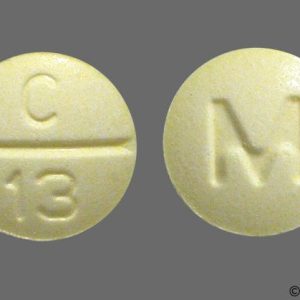
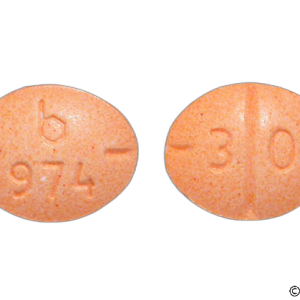
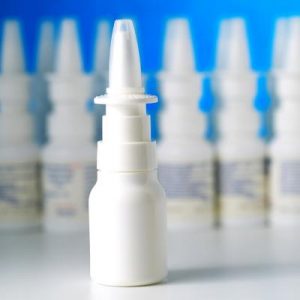
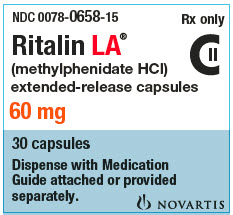
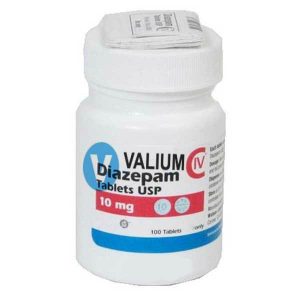
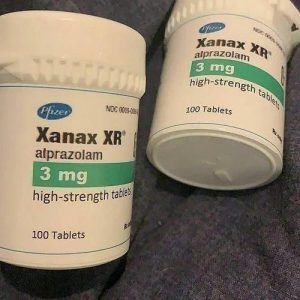
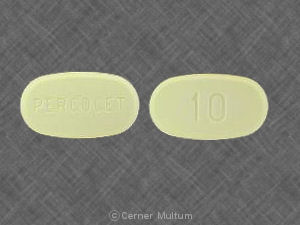
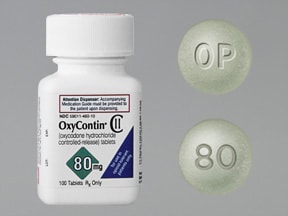
Reviews
There are no reviews yet.